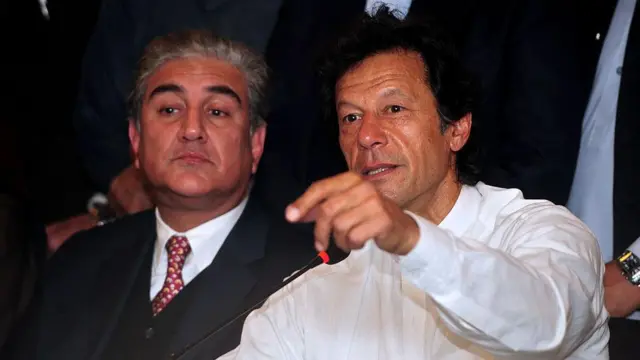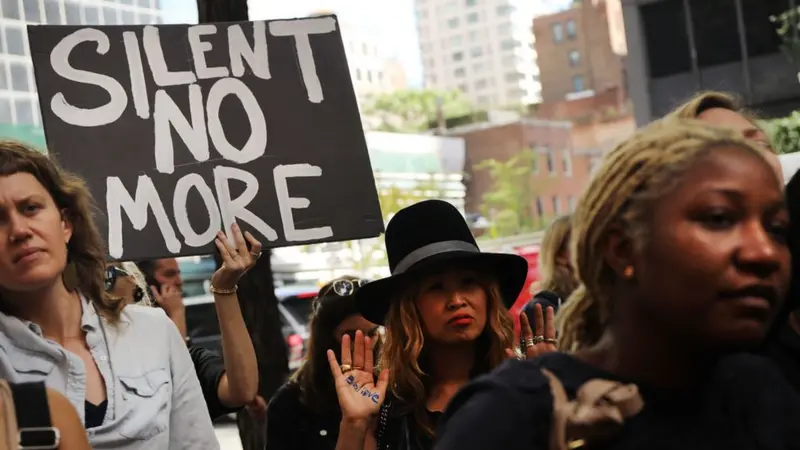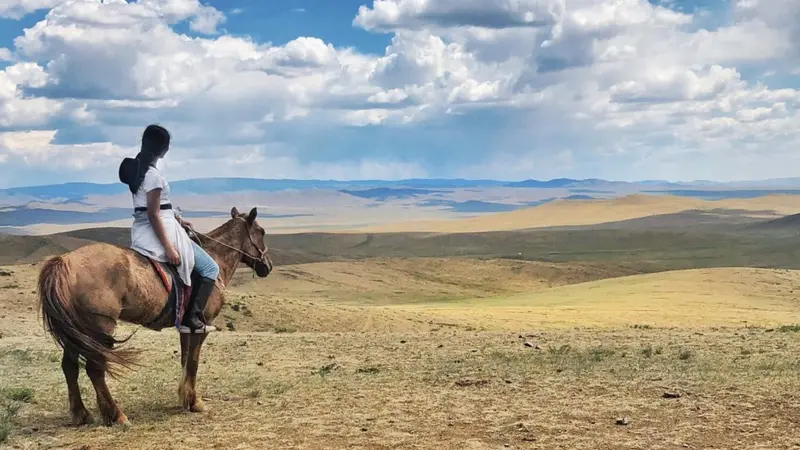The procedure for banning a political party in Pakistan is primarily governed by the Constitution of Pakistan (specifically Article 17, which guarantees the right to form associations and political parties, subject to reasonable restrictions) and the Election Act, 2017. Here's a breakdown of the typRead more
The procedure for banning a political party in Pakistan is primarily governed by the Constitution of Pakistan (specifically Article 17, which guarantees the right to form associations and political parties, subject to reasonable restrictions) and the Election Act, 2017.
Here’s a breakdown of the typical procedure:
- Grounds for a Ban: A political party can be banned if it is deemed to be operating in a manner “prejudicial to the sovereignty or integrity of Pakistan.” This can include:
- Propagating opinions or acting in a manner prejudicial to the fundamental principles enshrined in the Constitution.
- Undermining the sovereignty or integrity of Pakistan, public order, or public morality.
- Indulging in terrorism.
- Promoting sectarian, regional, or provincial hatred or animosity.
- Being a “foreign-aided party” (meaning it has been formed or organized at the instance of a foreign government or political party, or receives aid/funds from foreign sources).
- Federal Government’s Role:
- The Federal Government is empowered to make a declaration that a political party is operating in a manner prejudicial to the sovereignty or integrity of Pakistan.
- This declaration would typically be approved by the Federal Cabinet.
- Reference to the Supreme Court:
- Once the Federal Government makes such a declaration, it must refer the matter to the Supreme Court of Pakistan within 15 days. This is a crucial legal safeguard, as the government cannot unilaterally ban a party.
- The Supreme Court then has the ultimate authority to affirm or set aside the government’s declaration.
- Supreme Court’s Decision:
- The Supreme Court conducts a judicial review of the government’s declaration and the evidence presented.
- If the Supreme Court affirms the Federal Government’s declaration, then the political party stands dissolved.
- If the Supreme Court rejects the declaration, the party cannot be banned on those grounds.
Key Legal Considerations and Realities:
- Fundamental Right: The right to form a political party is a fundamental right under Article 17 of the Constitution. Therefore, any ban is subject to strict judicial scrutiny.
- High Bar for Proof: Historically, it has been challenging for governments to successfully ban a major political party through the Supreme Court. The burden of proof to demonstrate that a party’s activities genuinely threaten national sovereignty or integrity is high.
- Political Motivation: While the legal framework exists, attempts to ban political parties in Pakistan have often been viewed through a lens of political motivation, especially when targeting popular opposition parties. This can lead to accusations of targeting political rivals rather than genuine threats to the state.
- Electoral Commission’s Role (Indirectly): While the Election Commission of Pakistan (ECP) doesn’t directly ban parties in the same way the Supreme Court does, it plays a critical role in regulating political parties. For example, the ECP can take actions like:
- Stripping a party of its election symbol: This happened to PTI recently for not holding intra-party elections to the ECP’s satisfaction. While not a direct ban, it severely hinders a party’s ability to contest elections effectively, especially in a country with high illiteracy rates where symbols are crucial for voter identification.
- Deregistering a party: If a party fails to comply with certain requirements of the Election Act, such as submitting audited accounts or holding intra-party elections as per its constitution, the ECP can initiate proceedings for deregistration.
In summary, the formal procedure for a direct ban requires a declaration by the Federal Government, followed by its affirmation by the Supreme Court. However, governments in Pakistan have also used other regulatory and legal means, such as the ECP’s powers regarding party registration and symbols, to effectively cripple or marginalize political parties.
See less











Benazir Bhutto, affectionately known as "Pinky" in her youth, transformed from the privileged daughter of a political dynasty into the first woman to lead a democratic government in a Muslim-majority country, serving twice as Prime Minister of Pakistan. Her life was a testament to both remarkable acRead more
Benazir Bhutto, affectionately known as “Pinky” in her youth, transformed from the privileged daughter of a political dynasty into the first woman to lead a democratic government in a Muslim-majority country, serving twice as Prime Minister of Pakistan. Her life was a testament to both remarkable achievement and profound tragedy.
Early Life and the Origin of “Pinky”:
Born on June 21, 1953, in Karachi, Pakistan, Benazir Bhutto was the eldest child of Zulfikar Ali Bhutto, a prominent politician who would later become Prime Minister of Pakistan. Her mother, Nusrat Bhutto, hailed from a wealthy Persian family. The nickname “Pinky” was given to her by her family because she was an “unusually pink baby.”
Benazir’s upbringing was steeped in privilege and intellectual pursuits. She received her early education at Catholic schools in Pakistan before attending Radcliffe College at Harvard University, where she earned a B.A. cum laude in comparative government in 1973. She continued her studies at Oxford University, reading philosophy, political science, and economics, and famously became the first Asian woman to be elected president of the Oxford Union, a prestigious debating society. It was during her time at these esteemed institutions that her intellect and passion for political discourse began to flourish.
The Political Awakening and Rise to Power:
Her return to Pakistan in 1977 was quickly overshadowed by a military coup led by General Muhammad Zia-ul-Haq, who deposed and later executed her father in 1979. This devastating event propelled Benazir into the political spotlight. Along with her mother, she took charge of the Pakistan People’s Party (PPP), enduring frequent house arrest and periods of exile as she championed the restoration of democracy in Pakistan.
After Zia-ul-Haq’s death in a plane crash in 1988, free elections were held. Benazir Bhutto led the PPP to victory, and on December 2, 1988, at the age of 35, she made history by becoming the 11th Prime Minister of Pakistan. She was a beacon of hope for many, both within Pakistan and globally, as a symbol of female leadership and democratic aspirations in the Muslim world.
Tenure as Prime Minister and Challenges:
Bhutto served two non-consecutive terms as Prime Minister: from 1988 to 1990 and again from 1993 to 1996. During her time in office, she focused on social programs, aiming to improve healthcare, education, and access to electricity, particularly in rural areas. She also worked on improving Pakistan’s foreign relations and attracting foreign investment.
However, her premierships were marked by significant challenges, including a volatile relationship with the military establishment, political instability, and persistent allegations of corruption, which eventually led to her dismissals from office. Despite these setbacks, she remained a formidable figure in Pakistani politics, continuing to lead the PPP and advocate for democratic principles.
Return to Pakistan and Tragic Assassination:
After years of self-imposed exile, largely in London and Dubai, Benazir Bhutto returned to Pakistan in October 2007, following a deal with then-President Pervez Musharraf, with plans to participate in the upcoming general elections. Her return was met with a massive public outpouring of support but also with immediate danger. A suicide bomb attack on her motorcade in Karachi on the day of her return killed many of her supporters, though she narrowly escaped.
Tragically, on December 27, 2007, while campaigning in Rawalpindi, Benazir Bhutto was assassinated. She was shot and a suicide bomb was detonated immediately after, claiming her life and those of many others. Her death sent shockwaves across Pakistan and the international community, highlighting the perilous nature of political life in the country.
Benazir Bhutto’s journey from “Pinky,” the cherished daughter, to Prime Minister, the formidable leader, is a powerful narrative of ambition, resilience, and an unwavering commitment to democracy, tragically cut short. Her legacy continues to resonate in Pakistan and beyond as a symbol of courage and a pioneer for women in leadership.










See less